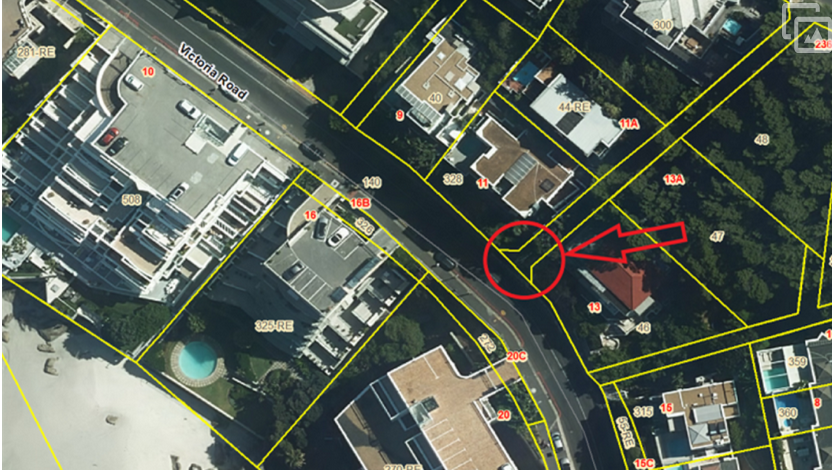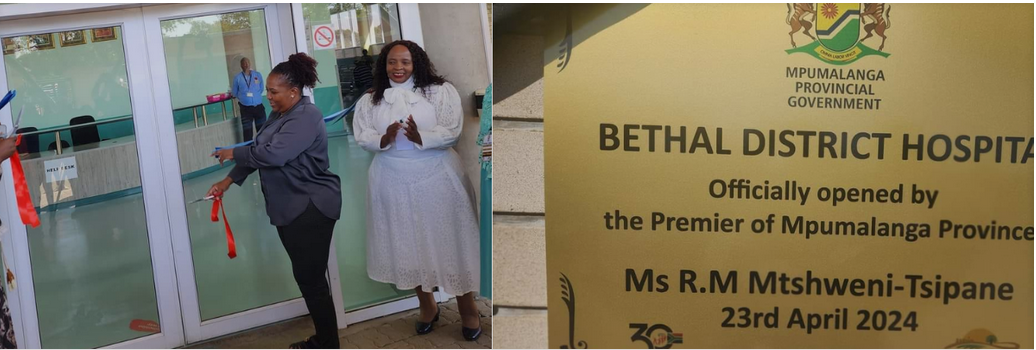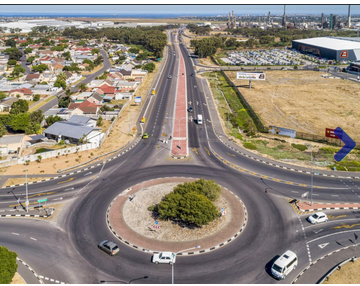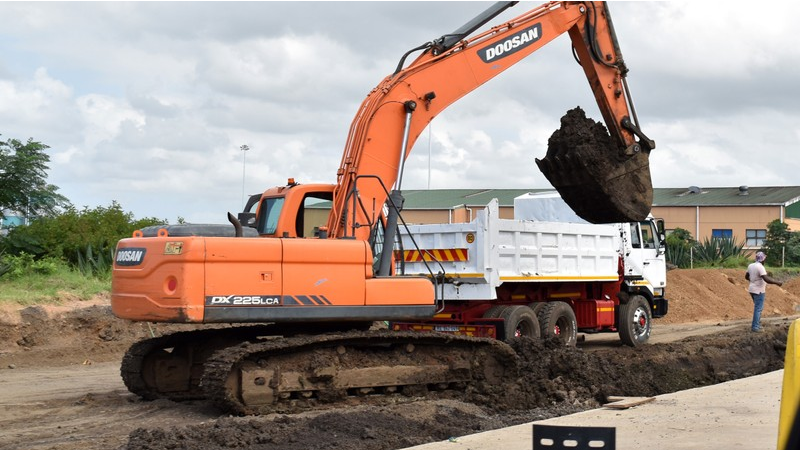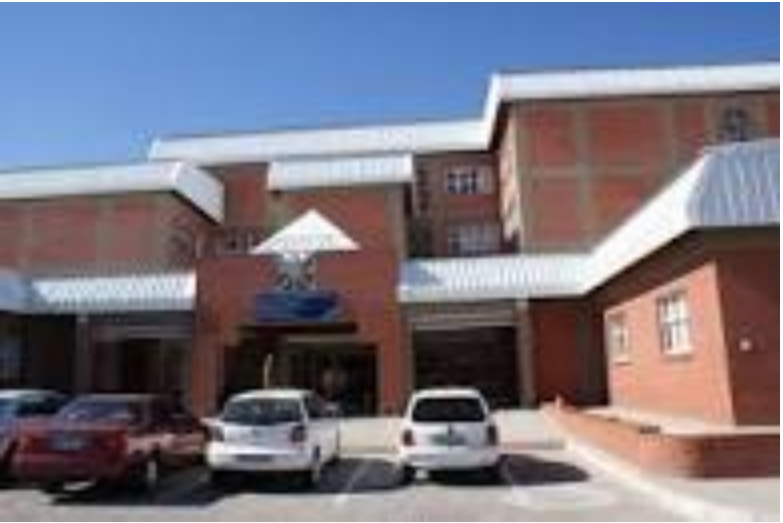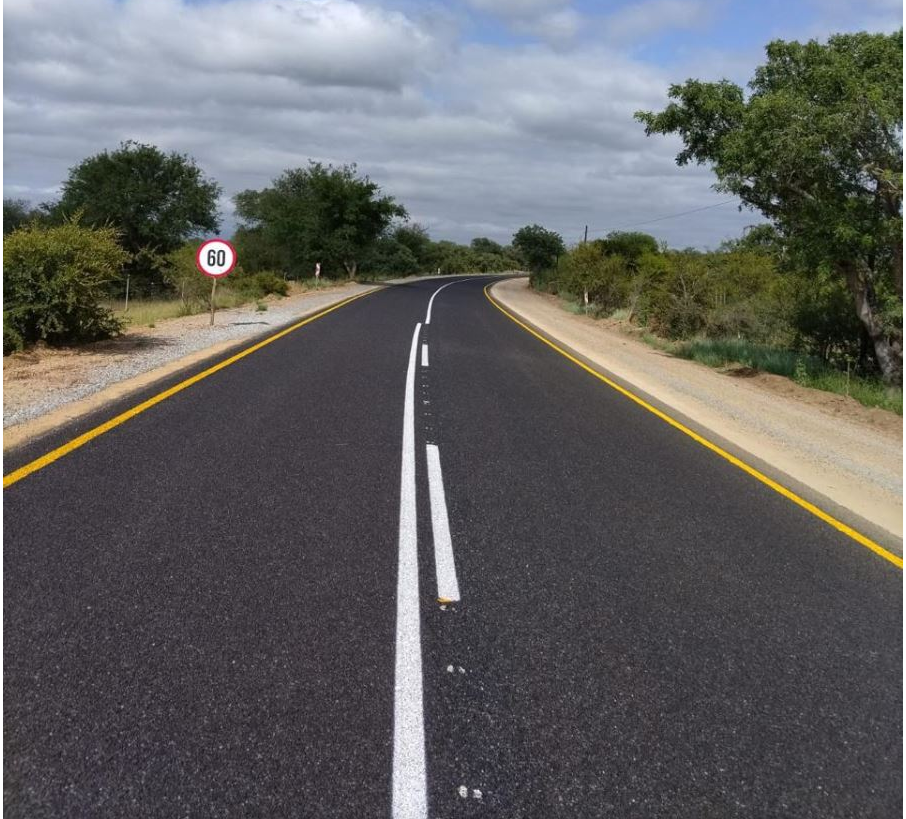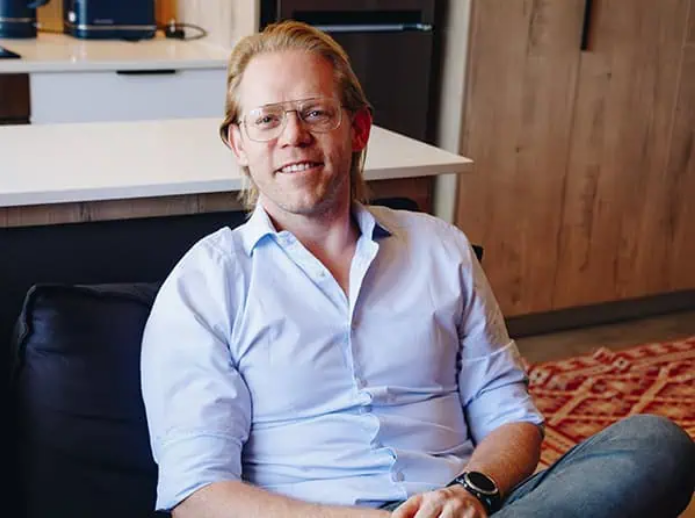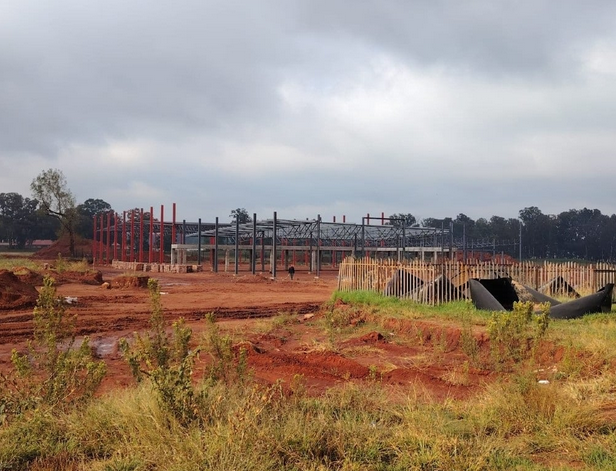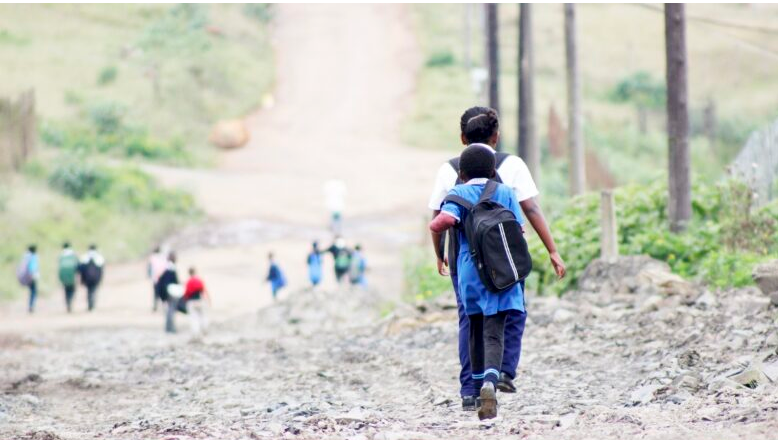Wayne Duvenage: R100bn Eskom bailout - the bitter pill we may be forced to swallow

10-12-2018
Read : 121 times
Fin24
Source
Eskom’s dire need to attract support for its recent indication of a R100bn state bailout requires greater transparency and explanation of its business plan.
Of all the bailouts requested by a state-owned entity (SOE), Eskom’s recent hint of passing a massive R100bn chunk of its almost R400bn debt to the state is almost incomprehensible and unbelievable. Normally such a request would attract a resounding "get lost" response from civil society. However, digging deeper into the dark dynamics of this disturbing absurdity, one begins to realise how much the country’s security of electricity supply is dependent on this ugly "deal".
The point, however, is clear: Eskom is in a mess and is going down the tubes fast. Drastic times require drastic measures and if electricity security is a necessity to the entire nation – whether you use electricity or not – it’s in the interest of the population to transfer this debt from the books of the SOE to that of the state. That’s the simple reality of this request and the frightening aspect is that R100bn may not be enough.
READ: Sunday load shedding averted - for now, says Eskom
This is where Minister Pravin Gordhan’s call for the nation to soak up the pain is coming from. This is the collective problem of the country, and best we swallow this bitter pill together and quickly, before we get too ‘sick’ beyond the point of no recovery possible. This is ultimately the result of shockingly poor decisions by prior Eskom leadership and a display of how easily the prosperity of a nation can be diminished when a government forgets to lead in the best interests of the people - at all times.
What would, however, make this pill easier to swallow, is greater clarity of the size of Eskom’s financial woes and what plans are being devised to address the problems.
We need clarity on coal supplies and the maintenance problems that have brought the recent bout of load shedding to the table. Glib promises and brief explanations do not cut it but simply add more distrust. Eskom’s leadership needs to start by telling the public how long each unit will be offline for. Tell us what the actual problems are, how long repairs will take and when the return to sufficient reserves will be sustainable.
If Eskom is to gain the trust of the public, we need to know more.
The new team at Eskom may have the ability to fix the almost unfixable (only if they have a sizable portion of the debt noose removed) but we now need feedback on specifics with timelines, both the short-term strategy and long-term plan that incorporates regular business plan updates to the public.
Eskom’s online communication platform to the people needs to be clear and comprehensive.The country would also like to know what supply contracts have been cancelled because of past fraud, how much money is in the process of being reclaimed, how much is being saved by cutting that waste and who is going to be prosecuted for these deals.
How is the current maintenance crisis possible with an enormous staff complement of over 48 000 staff costing Eskom over R28bn a year? We need to see faster action in the addressing of high salary costs, including the reversal of incentives and cushy benefits schemes for management. Incentives must now be based on returning this SOE to its highest past productivity levels and lowest cost outputs (factoring acceptable inflation into the equation), along with other austerity measures implemented to cut the operational expenses.
We also need to know what Eskom’s plan is to address the mounting customer and municipal debt, now standing at R30bn and counting. Why does National Treasury continue to transfer subsidies to those municipalities that do not pay their bills?
We want answers to the lack of oversight applied by the National Energy Regulator (NERSA) which was supposed to keep Eskom’s spending on past operations and new build projects in check. The new (now getting old) Medupi power plant has many dubious past contracts, some of which involved the ANC’s investment arm, Chancellor House. Will investigations of malfeasance be conducted and fines be applied?
To earn the public’s trust and reluctant acceptance of this latest outrageous bail-out proposal, the least Eskom can do is provide civil society with a detailed plan of how they intend to turn Eskom into a sustainable well-managed institution, along with details of when the state intends to separate the transmission company from Eskom’s stranglehold.
Wayne Duvenage is CEO of the Organisation Undoing Tax Abuse (OUTA).
Recent News
Here are recent news articles from the Building and Construction Industry.
Have you signed up for your free copy yet?
